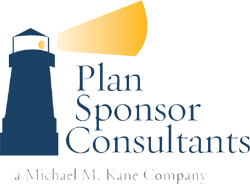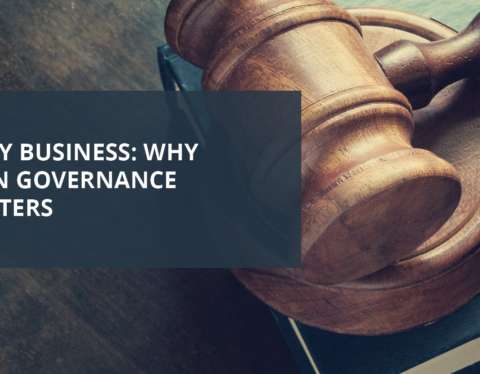As the economy continues to rebound across much of the country, many businesses are once again making employee benefits an important tool in attracting and retaining employees. At the same time, employees hired during the downturn are now requesting changes and improvements to their existing compensation packages. While the interest in quality benefits covers several categories, retirement benefit plans are becoming an increasingly important part of the mix.
“Amidst the recovery, the vast majority of employers (89 percent) recognize the value of retirement benefits as an important tool for attracting and retaining employees,” notes Catherine Collinson, president of the Transamerica Institute and Transamerica Center for Retirement Studies, in Millennial Workers: An Emerging Generation of Super Savers — 15th Annual Transamerica Retirement Survey, July 2014.
The report also points out that while the number of employers with matching contributions dropped 10 percent between 2007 and 2012, those numbers have now returned to almost the same level as 2007 with some 77 percent of employers offering matching contributions.
Interestingly, employees now consider retirement plans and medical benefits to be equally important. “Health care benefits have traditionally carried more weight than retirement benefits in terms of attraction and retention, but in this year’s survey, the gap has almost completely closed,” according to a 2013/2014 Global Benefit Attitudes Survey study by Towers Watson.
The economic slowdown in 2011 had employees interested in both employer-sponsored health and retirement benefit plans; however, there was still a significant disparity between the two. Now, employees say a company’s retirement plan and health care package are equal factors when deciding to take a new job. Similarly, employees say they weigh both benefit plans when deciding whether or not to stay with their current employer.
The growing importance of retirement benefits means your plan must be competitive and meet the needs of your employees. While industry benchmarking can help, consider speaking with your employees (all or at least a good cross section) to get their thoughts and feedback.
While your findings will vary, below are some much sought-after elements of an “ideal” retirement plan package:
- Immediate eligibility for both full-time and part-time employees
- Auto-enrollment and auto-contribution increases
- Well-designed employer match formula
- Personalized support, assistance and advice
- Holistic financial wellness programs that address different age groups and life stages
- Professionally managed, low-fee asset allocation portfolios and Qualified Default Investment Alternatives (QDIAs)
- Roth 401(k) deferral options
The bottom line is you can make your plan a recruiting and retention magnet to give you an edge over your competition. The more time you invest in targeting your plan, the better the payoff may be for you and your employees.


